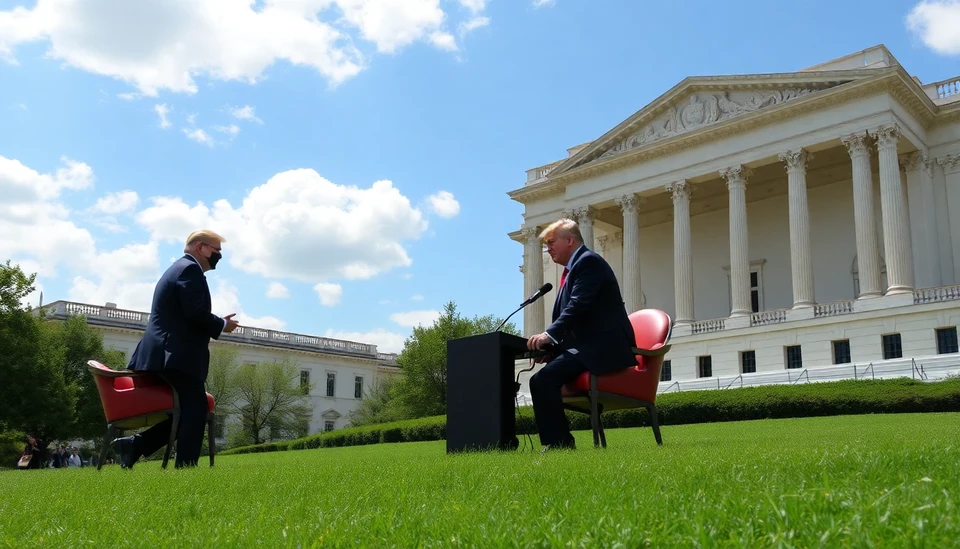
In a captivating turn of events, the influence of former U.S. President Donald Trump’s vocabulary has seeped into corporate discourse in Europe, particularly gaining traction among the region's chief executives. The word “shithole” has emerged as an unexpected point of discussion in boardrooms and executive meetings, stirring a blend of amusement and serious contemplation about its implications in the business landscape.
The term, which Trump infamously used in 2018 to describe certain nations, is being appropriated by CEOs and business leaders across Europe to underline their frustrations with economic policies, labor issues, and global market dynamics. While some executives utilize the term humorously, others exploit it to drive home serious critiques regarding the political environment affecting their operations and investments.
This phenomenon is not merely a matter of language, but reflects a deeper sentiment among European business leaders who feel increasingly disengaged from prevailing political narratives, particularly as they navigate a landscape fraught with challenges such as rising inflation, supply chain disruptions, and regulatory uncertainties. The use of such blunt language serves as both a shock tactic and a rallying cry for these executives, illustrating their exasperation with the status quo.
Interestingly, the appropriation of Trump's language is not just for entertainment; it embodies a boldness and straightforwardness that many modern leaders believe is necessary in today's complex economic climate. CEOs are embracing a new style of communication that prioritizes clarity and authenticity over traditional corporate diplomacy. This shift mirrors a broader trend where leaders across various sectors are becoming increasingly vocal in their criticism of governmental policies that they believe hinder growth and productivity.
As the word gains popularity, it has also sparked discussions about corporate responsibility and the role of business leaders in advocating for better policies. The discourse around the term has evolved, highlighting the need for CEOs to take a stand, leverage their platforms, and make their voices heard in the midst of an ever-changing global environment.
Moreover, industry insiders point to the delicate balance that executives must maintain as they navigate the interplay of politics and business. While some argue that adopting such controversial language could alienate potential partners or customers, others assert that it demonstrates a commitment to transparency and honesty that can ultimately foster stronger relationships based on trust.
The focus on Trump's vernacular also reflects broader societal shifts over the past few years, where the lines between political dialogue and everyday language are increasingly blurred. Executives are being called upon to articulate their concerns in a manner that resonates with both the business community and the general public, and for many, this includes embracing a more colloquial, relatable style of speech.
As the landscape continues to evolve, it remains to be seen how this trend will shape corporate culture and communication on both sides of the Atlantic. Nonetheless, Trump's influence on language—in this instance, a disparaging term—seems to have opened a floodgate of self-expression among Europe's top CEOs, ultimately altering the way business leaders engage with pressing social and economic issues.
In essence, embracing this kind of vocabulary might not just be rhetorical flair but a strategic move aimed at fostering dialogue and pushing for change in an increasingly polarized atmosphere. As these CEOs continue to incorporate such language, it raises the question: what other words shall emerge from the political discourse to reshape the language of leadership across industries?
Ultimately, the integration of such terminology into business conversations signals a new phase in how European executives are choosing to respond to the complexities of a global economy that is often seen as adversarial, unpredictable, and in dire need of authenticity.
#Trump #EuropeanCEOs #CorporateCulture #BusinessLanguage #Leadership #Authenticity #EconomicChallenges #PoliticalDiscourse #CommunicationStyle
Author: Rachel Greene




